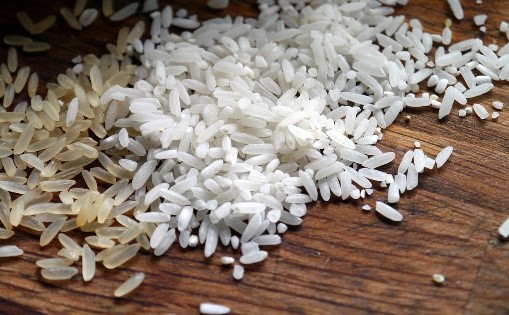According to PH receives P300M worth of sugarcane farm equipment from Japan | Inquirer Business, Japan is expected to send P300 million worth of agricultural equipment, including planters and tractors, to Filipino sugarcane growers in order to increase productivity, particularly for small farmers, according to the Department of Agriculture (DA).
In accordance with the East Asian nation's Non-Project Aid Program and the regional Farm Mechanization Program for Small Sugarcane Landholders, the DA formally accepted 80 tractor units, 48 sugarcane planters, 48 flail mowers, and 5 power harrows on Saturday from the Japanese government.
Agriculture Secretary Francisco Tiu Laurel stated that mechanization enhances agricultural operations' punctuality and production while easing personnel shortages and reducing hard work.
According to PH receives P300M worth of sugarcane farm equipment from Japan | Inquirer Business, the equipment will be given to farmers located in ten locations around the nation as part of a two-year agricultural mechanization initiative sponsored by the DA and the Sugar Regulatory Administration.
Initiated in 2021, the P374.75 million initiative was supported by the Japan-Philippines Economic Partnership Agreement and aimed to assist in giving sugarcane farmers the tools they need for work.
As directed by President Marcos, according to PH receives P300M worth of sugarcane farm equipment from Japan | Inquirer Business, Laurel noted that upgrading Philippine agriculture was essential to lowering the cost of goods for consumers.
According to PH receives P300M worth of sugarcane farm equipment from Japan | Inquirer Business, the newly appointed agriculture head has been under pressure from a number of industry stakeholders to lower the cost of farm inputs, upgrade infrastructure and facilities, and make sure small-scale farmers and fishers can prosper and compete.







